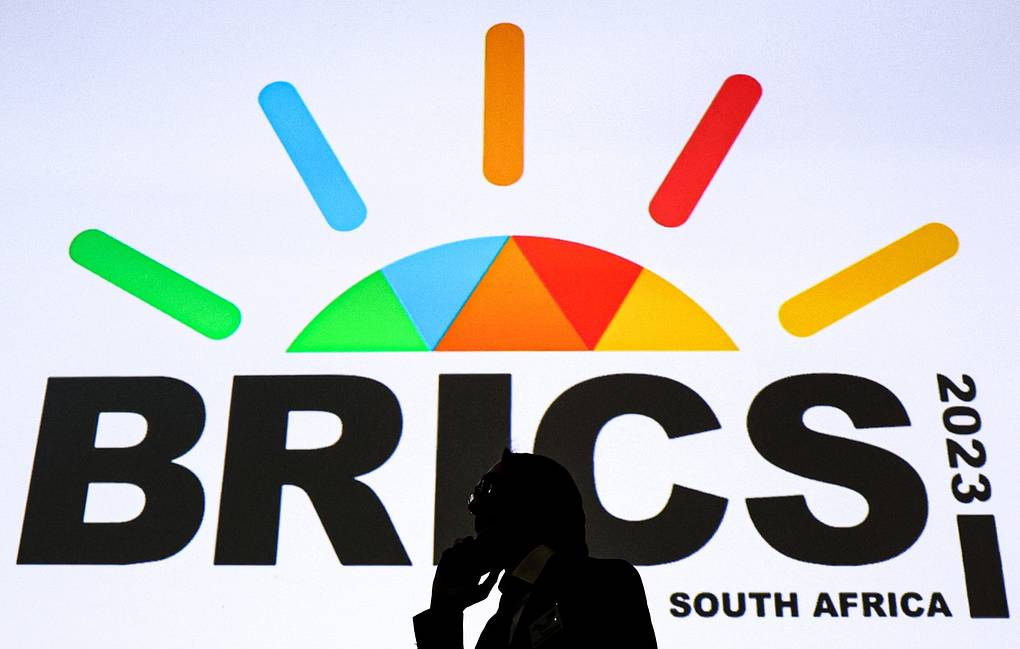“Certainly, we would like to become a member of BRICS. So we’ll see how it goes this year,” Fidan said during an event at the Centre for China and Globalisation (CCG) in Beijing, as quoted by the South China Morning Post daily newspaper.
BRICS was established in 2009 as a cooperation platform for the world’s largest emerging economies, bringing together Brazil, Russia, India, China and South Africa. On January 1, 2024, the bloc was expanded to include Egypt, Ethiopia, Iran and the United Arab Emirates.
The BRICS bloc outperformed the G7 – the conglomerate of wealthy industrialized nations – in GDP in 2022. According to a forecast, BRICS economies will account for more than 50 percent of global GDP by 2030.
Russian President Vladimir Putin said that BRICS and the Shanghai Cooperation Organization have become key pillars in the emerging multipolar world.
Economic experts stress that BRICS is also a locomotive of de-dollarization of the global economy since members of this bloc are increasingly switching to national currencies in trade relations – for instance, 90% of settlements between Russian and Chinese companies are now made in rubles and yuans.
The BRICS doubled its membership last year, becoming the BRICS+ after including Egypt, Ethiopia, Iran, Saudi Arabia and the United Arab Emirates on January 1, 2024.
Russia welcomes Turkey’s interest towards BRICS, Kremlin spokesman Dmitry Peskov said on Tuesday.
“We, of course, all welcome this increased interest in BRICS on the part of our neighboring states, including our important partners such as Turkey. Of course, the topic of this interest will be on the agenda of the BRICS summit, which will be chaired by Russia,” Peskov told reporters.
BRICS is unlikely to fully satisfy expectations of all countries that show interest in the group, but BRICS is interested in contacts, the official added.
